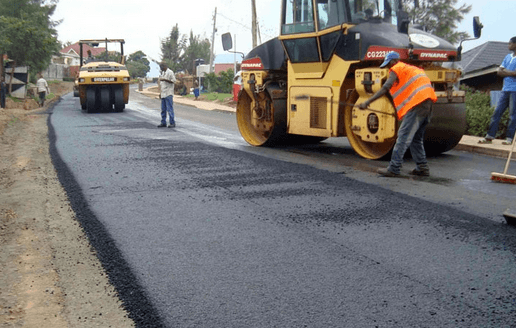
The participants from the Ghana Revenue Authority, Ministry of Finance, Ministry of Energy and Petroleum, Environmental Protection Agency and Fisheries Commission gave their recommendations on strategies for achieving the required alignment between Ghana Oil and Gas Governance.
They also dwelled on the African Mining Vision strategic options available to the government for optimising the returns on the investments of petroleum funds and policy options for managing volatility effect of all the country's commodities besides oil and gas.
CSPOG since it's formation in 2009 has coordinated citizens' voice and actions towards effective and efficient management of Ghana's oil and gas resources.
So far, capacity audit commission of the CSPOG has proved that people working in Oil and Gas sector at the sub-national level should be equipped with frequent capacity building programmes.
Dr Steve Manteaw the Co-Chairman for the Ghana Extractive Industries Transparency Initiative (GHEITI) who addressed the participants talked of Environmental Social Impact Assessment (ESIA) and defined it as a process of identifying, predicting and evaluating the likely environmental impacts of a proposed project or development, taking into account inter-related socio - economic, cultural and human health impacts.
He said although legislation and practice varied across the world, the fundamental components of the Environmental Social Impact Assessment would necessarily involve the stages of Screening, Scoping, Assessment and Evaluation, Reporting, Reviewing, Decision making and Monitoring.
GNA
Read Full Story









Facebook
Twitter
Pinterest
Instagram
Google+
YouTube
LinkedIn
RSS